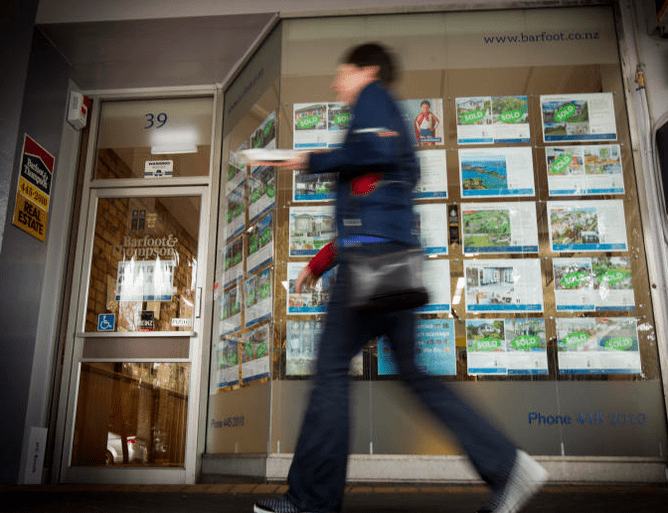The mortgage interest-rate good times had to stop eventually and ASB signalled this might be happening by raising their home loan rates by 0.3% to 0.36% across the board this week. The cheapest rate at ASB is now 2.55% - up from a low of 2.19%.
A hike of this level means an additional annual cost of around $360 per $100,000 of mortgage. It would therefore not be a stretch to imagine a lot of homeowners will need to find at least $3000 more per year. At the point of writing, no other bank has announced a similar increase in interest rates however the odds of changes flowing to other banks are high.
What does this mean for existing homeowners with mortgages? Odds are that those with an interest rate maturing this month would already be on around 2.5% (possibly higher if they had fixed before July last year), so the interest rate hike is unlikely to be much of a shock. Those mortgage-holders won’t see a significant amount of additional cost; they will have just missed out on the low 2.19% rate.
Those homeowners who did manage to take advantage of the super low mortgage rates will need to prepare for higher costs when their fixed rate expires. These mortgage-holders should start planning for the extra $40 or so they will need to find a week. Between feedback from the Reserve Bank on the OCR and this latest move from ASB, all evidence points to interest rates being higher in 2022. The best reaction to this new reality is to calculate how much your individual mortgage will be at 3%, 4% and 5%. Start putting the money aside now and find out how your individual bank treats additional payments on your mortgage - some allow additional payments with no penalty - and try to increase your payments in the near future. A large amount of stress around increasing interest rates is caused by the shock of suddenly paying a higher amount. Planning now will minimise this.
Existing homeowners may also want to consider looking to break their current interest rate to try and grab those low interest rates while they are around. Breaking a fixed term comes with some risk; you may pay break fees to break an interest rate only to find they go even lower in the future, but the signal of interest rates increasing rather than decreasing has never been stronger.
The good news for those looking to buy, be it their first home or an upgrade, the odds of being pre-approved haven’t actually altered much. Banks assess mortgage affordability at a much higher interest rate (usually around 6.5%) and, to date, the banks haven’t altered this. It does, of course, mean the interest rate you actually pay will be higher but, the message is, this round of rate hikes doesn’t affect your ability to get a mortgage… yet.
Article Source: One Roof
By: Rupert Gough is the founder and CEO of Mortgage Lab and author of The Successful First Home Buyer.


